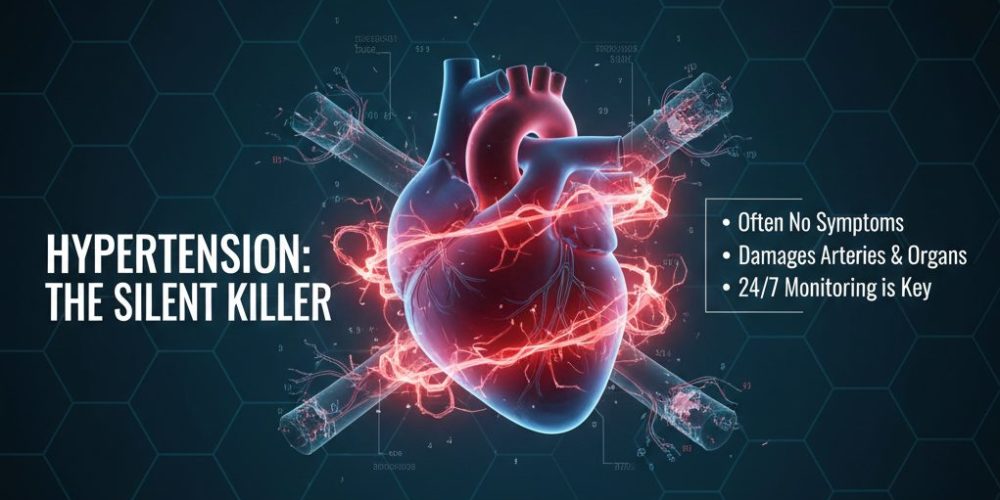The COVID-19 pandemic disrupted traditional healthcare systems, including blood pressure assessments. Remote hypertension management programs have emerged as a solution, allowing patients to monitor their blood pressure at home and improving accessibility to care.
In a recent study, researchers analyzed the impact of the COVID-19 pandemic on an existing remote hypertension management program’s effectiveness and adaptability. The program consisted of a team of pharmacists, nurse practitioners, physicians, and non-licensed navigators who used an evidence-based clinical algorithm to optimize hypertensive treatment. The team adapted the algorithm during the pandemic to simplify blood pressure control and make it easier for patients to manage their blood pressure from home.

The study analyzed BP control in the remote management program before and during the pandemic, evaluating data from 1,256 patients. Among enrolled patients with sustained hypertension, 51.1% reached BP goals. Rates of achieving goal blood pressure improved to 94.6% during the pandemic from 75.8% before the pandemic, a significant improvement. The mean baseline home BP was 141.7/81.9 mm Hg during the pandemic and 139.8/82.2 mm Hg before the pandemic. Both baselines fell approximately 16/9 mm Hg in both periods.
The pandemic accelerated the success of the remote management program, resulting in increased frequency of monthly calls and home BP recordings per patient. Patients got 8.2 monthly calls and recorded 32.4 monthly home BP readings, compared to pre-pandemic’s 3.1 calls and 18.9 readings.
Overall, the results show that remote hypertension management programs have the potential to transform hypertension management and care delivery. The program was successfully adapted during the pandemic and delivered significant improvements in BP control and increased home BP monitoring despite a disruption of traditional hypertension care.
In conclusion, remote hypertension management programs provide an effective solution for managing blood pressure during a pandemic. With the ability to adapt to changing circumstances, such programs have the potential to revolutionize hypertension care delivery, making it more accessible and convenient for patients.
Source: https://www.ahajournals.org/doi/10.1161/JAHA.122.027296



